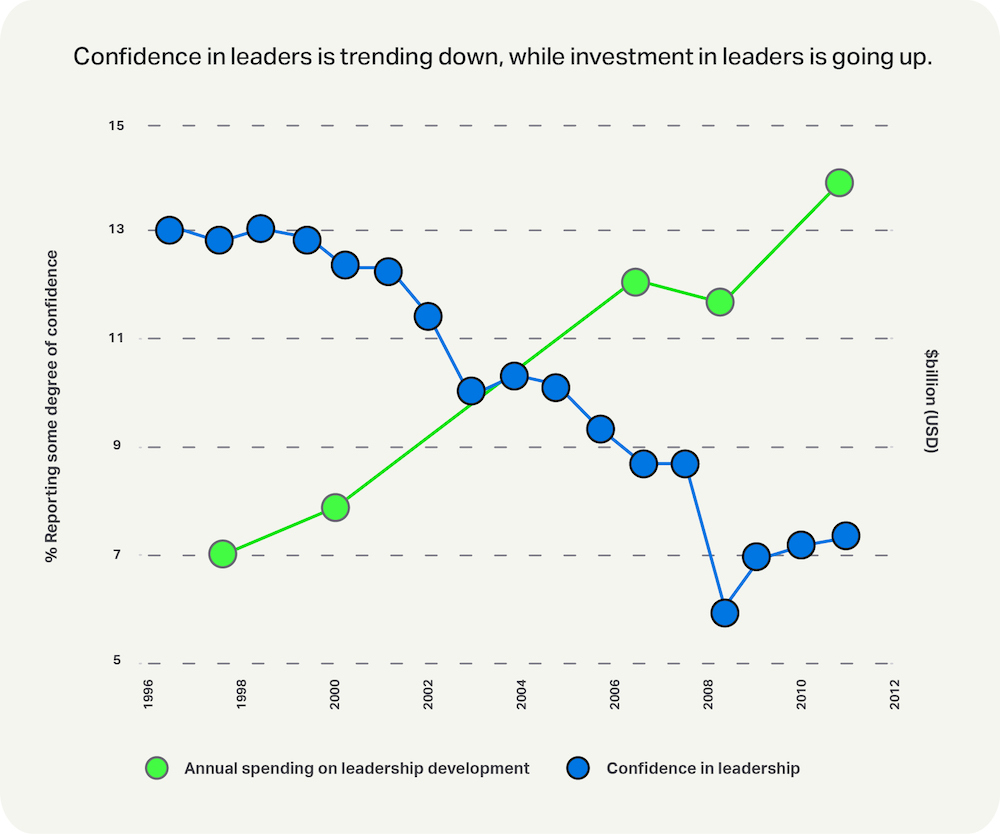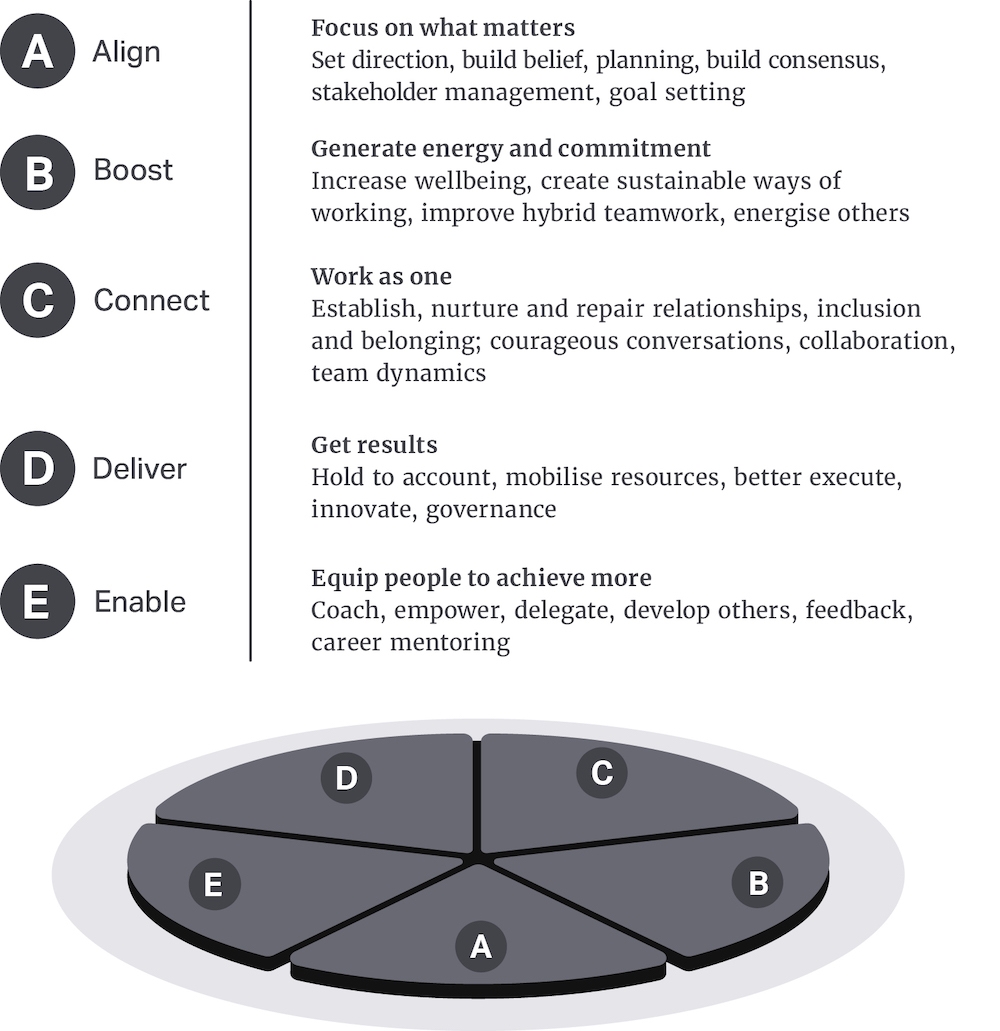The Great Resignation: Will your manager quit?

So many people did it, Apple made a series of ads demonstrating it
We all know the Great Resignation is taking place as employees reassess their lives and expectations and seek out new opportunity, autonomy, and a better future for work.
But it turns out that business leaders are feeling pretty much the same way, according to new research from MindGym.
Managers are tired, stressed out, and feeling the pressure
We’ve seen some illustrations of this already.
At Apple, I’ve heard mutterings that leaders have begun to leave the company. The most high-profile abdication so far being that of chief of machine learning, Ian Goodfellow, who quit in protest at the company’s approach to hybrid work.
But the truth is that 70% of leaders feel burnt out as they struggle with new approaches to work, which means they must also work harder to align, motivate, and tune into their workforces.
They’re finding the transition to new management practises hard, and say they are stressed out and overworked. Around two thirds of them wish they didn’t have to manage people.
People, eh?
At the same time as these struggles to recalibrate management for a goal-focused rather than presenteeism workplace culture, investment in leadership development has increased year-on-year to $352 billion.
But money can’t buy you, love
Money talks, but it isn’t everything. MindGym’s report states that employee confidence in their leaders has declined 30% in the past 25 years.

Money? Can’t buy you love…
Octavius Black, CEO & co-founder of MindGym, said:
“Leadership was always challenging, but in the context of the pandemic, hybrid working, The Great Resignation and with a recession looming, it’s become a gruellingly tough job. Our research chimes with other recent research showing 70% of leaders are seriously considering joining The Great Resignation themselves.”
It’s all about a new set of skills for management to handle a new workplace.
How to learn the new soft skills
Those so-called “soft skills” have become way more important.
That means empathy, insight, the capacity to take decisions, the capacity to inspire through leadership and the ability to motivate and enable people remotely at scale. For many managers, these needs are difficult to meet, as they had a different bag of tricks to use before.
The thing is, acquiring those skills was always going to be inevitable. Everyone involved in the automation of business already expected those skills to become predominant needs. All that has happened is that the demand has accelerated as digital transformation also speeded up.
MindGym, of course, has its own offer to equip leadership with the necessary skills for this era. Its latest report cites extensive research across academic and professional users to describe the new thinking patterns for better management within all this change.
Attunement is one of the most important metaskills for effective leadership, MindGym’s research shows, and one of the hardest to master, distinguishing great leaders from the rest.

“We help leaders to master attunement by breaking it down into four constituent parts,” explained Dr Ahn: “Notice, sense-make, choose and act. By developing the ability to take note of the small signals our teams and clients give off each day; make sense of them; decide what to do about them; and then act on them, we can begin practising the art of attunement.”
[Also read: iWork update brings return of mail merge and other tweaks]
Traditional leadership training encourages leaders to resolve tensions – whereas MindGym explains tensions are inevitable and unfixable, and can even be useful. “Tensions are necessary to build organisational momentum,” says Dr Ahn.
Lean into the tensions
“A bicycle without tension is a lump of metal on the ground. A company without tensions is equally useless. This can be hard for us to accept because of a psychological phenomenon called cognitive dissonance, which exists when we try to hold two conflicting thoughts at the same time. But trying to resolve this by choosing one option over another, rather than learning to navigate our way through conflicting needs, such as the need to manage performance while preventing burnout, is unhelpful.
“The foundation of effective leadership development is the recognition that tensions are the force that drives organisations forward. We need to cherish and lean into tensions rather than believe they should, or can, be resolved.”
Finally, MindGym outlines five core skills (Align, Boost, Connect, Deliver and Enable) which are essential for effective leadership – all of which have become much harder to deploy at scale because of the pandemic and the Great Resignation.

Five skills from MindGym
“Today’s leaders face a perfect storm of headwinds,” said Black. “But the future looks bright for the few that manage to win the war for talent, innovate to thrive in a hybrid landscape, and deliver growth in the face of stagflation and impending recession. Mastering these hard-to-teach leadership skills is the critical first step to success.”
But you have the power to change things
Maybe so, but ultimately for me the best leadership lesson ever is carried within this video below. Perhaps it’s time to pivot away from silo-based, hierarchical management structures and lean into thoughts around consensus, collaboration and the power of flexible teams?
You can look at the MindGym report here.
Now, here’s that video:
Please follow me on Twitter, or join me in the AppleHolic’s bar & grill and Apple Discussions groups on MeWe.




